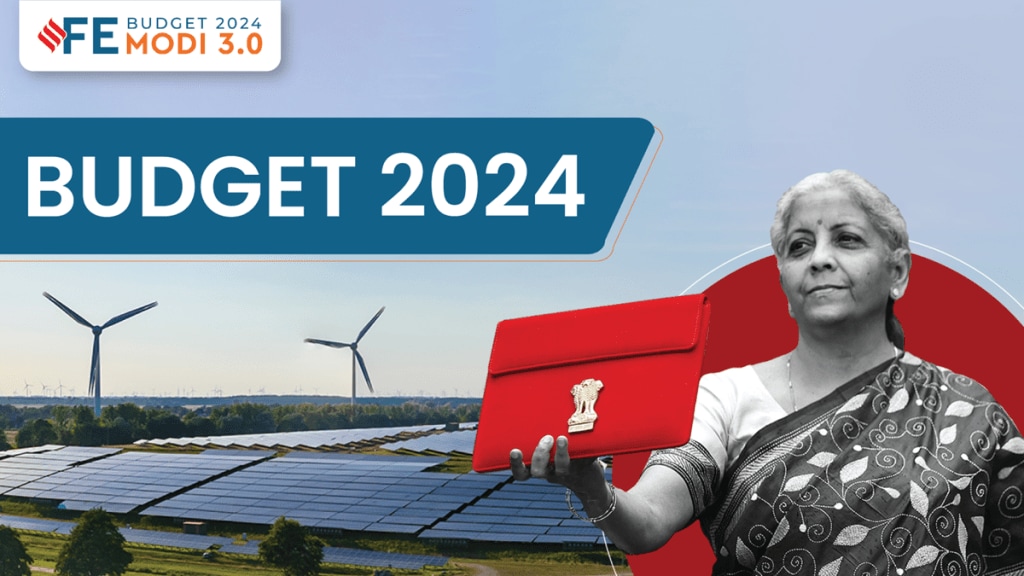To transition from a lower-middle income to an upper-income country, the Centre on Tuesday announced a package covering financing, regulatory and technology support for MSMEs and incentives for states to carry out next-generation reforms in the factors of production and technology.
Responding to pleas of MSMEs, which account for over 110 million jobs or 23% of the country’s labour force, to provide affordable, adequate and timely credit, Finance Minister Nirmala Sitharaman unveiled a new credit guarantee scheme that will provide guarantees running up to `100 crore to buy machinery and equipment without any collateral.
She also announced that public sector banks will build their in-house capability to assess MSMEs for credit, instead of relying on external assessment. They will also take a lead in developing a new credit assessment model, based on the scoring of digital footprints of MSMEs in the economy.
“This is expected to be a significant improvement over the traditional assessment of credit eligibility based only on asset or turnover criteria. That will also cover MSMEs without a formal accounting system,” Sitharaman said.
To facilitate continuation of bank credit to MSMEs during their stress period, the government announced that while being in the ‘special mention account’ (SMA) stage for reasons beyond their control, MSMEs’ credit availability will be supported through a guarantee from a government promoted fund.
Representatives of MSME associations had requested the minister to take corrective measures as banks were putting a ‘black mark’ against accounts if the loan repayments were delayed even by a few days, leading to the closure of many units.
MSMEs contribute 27% of India’s GDP, account for 38.4% of the total manufacturing output and contribute 45% of the country’s total exports.
Responding to the MSMEs’ demand for a separate bank or direct lending by refinancer Small Industries Development Bank of India (SIDBI), the government announced that SIDBI will open new branches to expand its reach to serve all major MSME clusters within three years and provide direct credit to them.
The outstanding credit to the MSMEs by scheduled commercial banks expanded by 20.9% annually to `26 trillion at the end of December 2023.
To promote next-generation reforms for sustained economic growth, the government enhanced the 50-year interest-free capex loans by `20,000 crore to `1.5 trillion for FY25 from `1.3 trillion in the Interim Budget. Around `75,000 crore of this would be earmarked for states initiating reforms covering all factors of production, namely land, labour, capital and entrepreneurship, and technology as an enabler of improving total factor productivity and bridging inequality.
Accordingly, land-related reforms and actions, both in rural and urban areas, will cover land administration, planning and management, and urban planning, usage and building bylaws. These will be incentivised for completion within the next three years through appropriate fiscal support.
Rural land-related actions will include the assignment of a Unique Land Parcel Identification Number (ULPIN) or Bhu-Aadhaar for all lands, as well as digitisation of cadastral maps, survey of map sub-divisions as per current ownership, the establishment of land registry, and linking to the farmers registry.
Further, states will be incentivised for implementation of their Business Reforms Action Plans and digitalisation to enhance ease of doing business.

